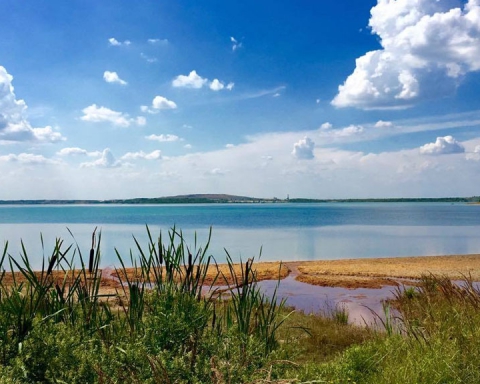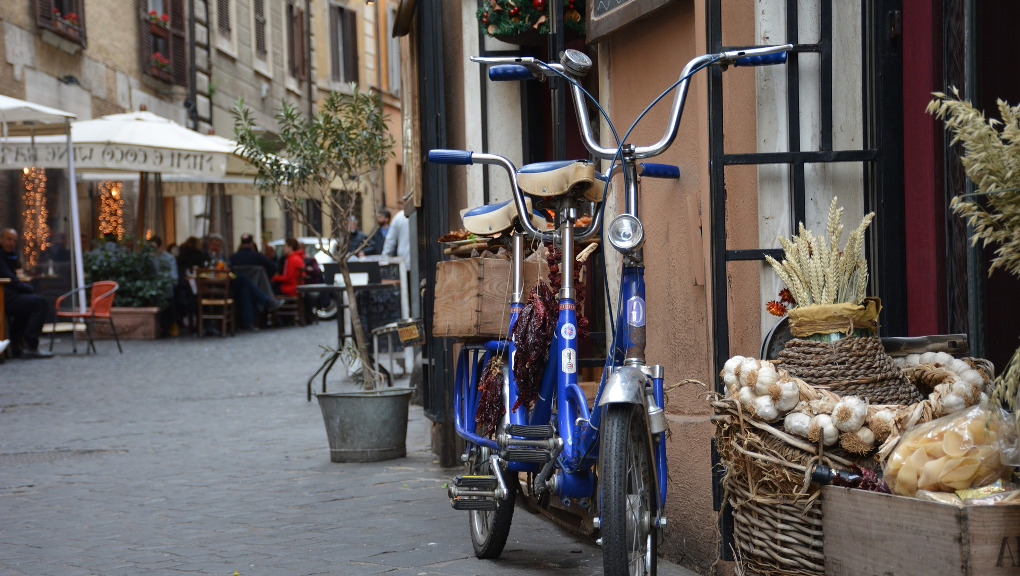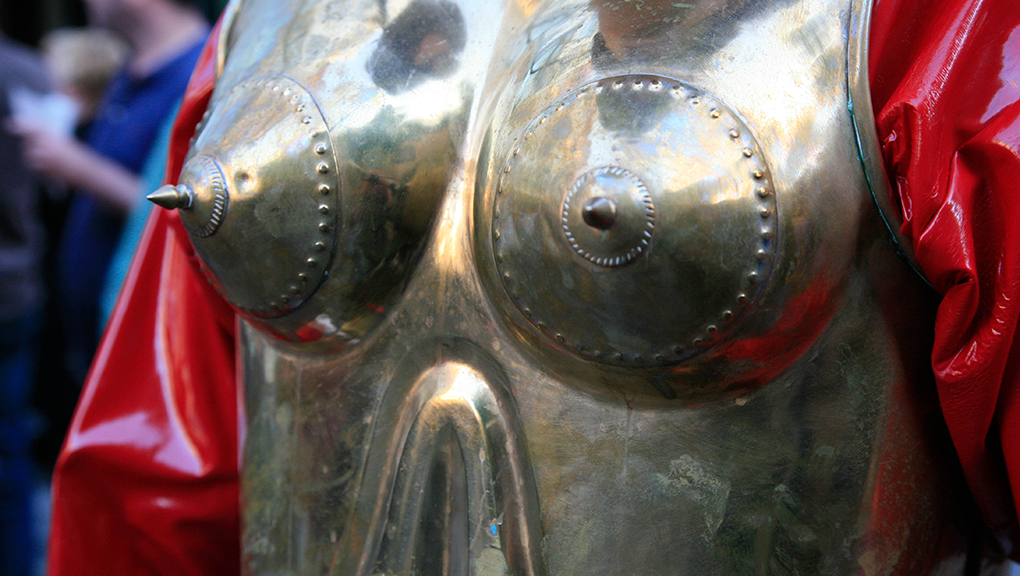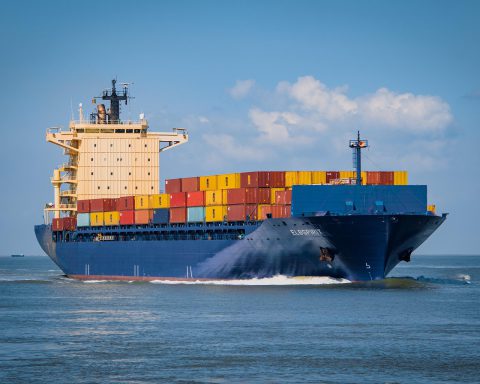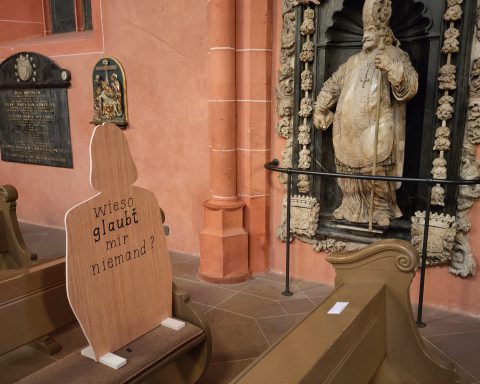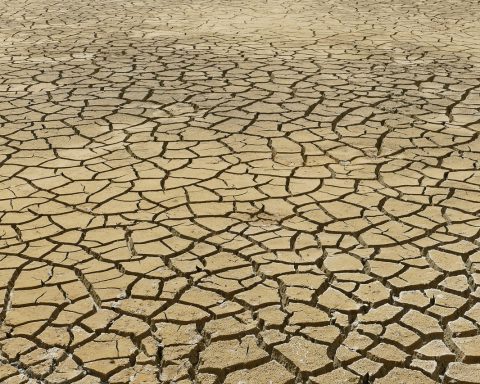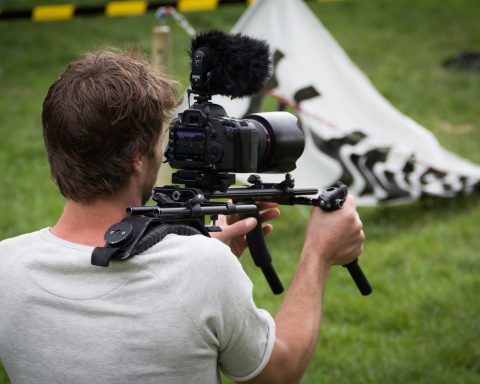My period in Stellenbosch in the Cape Winelands has been one of the most productive for my writing, lucky to be on an Erasmus+ PhD scholarship, since it’s not cheap here.

I have bouts of mental energy where I type away all day, only getting up to grab a bite and go to the bathroom. Other times, all I want to do is drink up the outdoors and the wine; so I try to balance it out, and sometimes join them together.
For the outings, there’s Uber and its friendly, clever drivers who happen to be mostly from Zimbabwe. (We’ve had lots of deep conversations here and during my visit to Johannesburg.) Without having access to a car I can drive, it’s been the safest and most efficient way to get around.
I am living off-campus, which cuts me off from a lot of the student parties and such distractions. I have enough quiet staying with locals in a gated, guarded complex. Security is the talk of the town in South Africa, like it is in my native Brazil.

It can get a little isolating in the complex. But the views are breathtaking, as we’re close to a stretch of wine farms. And I do get to chat with my flatmates about South African life and politics. I enjoy not having had a language barrier with them.

They have taken me to the neighborhoods of Khayelitsha and Mitchells Plain near Cape Town, and introduced me to family members. I have gotten a glimpse into how international students live by attending a house party, and into the lives of South Africans from different races and economic backgrounds via my other visits.
Here, skin color and poverty often go hand-in-hand, and unfortunately still represent a big social gap – this reminds me of Brazil too, though we didn’t officially have segregation. And like in the US, where I partly grew up, some people in South Africa blame foreigners for taking their jobs. So in some ways, it feels just like home.
Meanwhile, I’ve been having what I can only describe as a manic period of thinking and writing.
Is it because of Stellenbosch University itself?

Surely the uni’s green lawns and diverse architecture, telling various (hi)stories, have stimulated me. I absorb the colorful hills as its backdrop, the orange earth beneath my feet, the uni’s integration with cafés, with the city’s pulse and (night)life and even a hostel.
It gets to the point where sometimes you don’t know where campus ends and downtown starts. I carry my laptop with me and sit in different environments depending on my mood that day.
There’s a fully equipped mall right around the corner from the international office, and a multi-purpose hub called Neelsie where you can spend all day scanning and printing and mailing things, eating and watching soccer on a big screen.
Because you also need to do practical things other than write your thesis. Like buying 5-liter boxes of wine at the supermarket, which you can then shove into the fridge and drink from a tap.
Is it the wine, the actual fortified (grape) juice, that’s putting my neurons to a very active swim in Stellenbosch?
Certainly it’s got something to do with it. Because what would I do without those wine-drinking breaks and the wonderfully random chats and discoveries they sometimes lead into? Discoveries of people and ideas that spark the next sentences of my PhD thesis – in the house, on campus, out in the bars and cafés.

Also thinking of the families, corporations and production chains that may be connected with the wine farms can spark some analysis… follow the juice, and the money!
I’m a firm believer that one needs to get outside of one’s material to give it more nuance, as well as to return to it with a fresher mind and perspective. This goes both for wine breaks and for a break from one’s routine environment, which in my case has been Leipzig for the past almost five years.
Is it the landscape that does it for me?
It certainly doesn’t hurt to be within a short drive of idyllic farms and hills, a balm to the tired eyes.
They’re also a veil covering from the naked eye the history of apartheid the region holds (visible via its townships). But this history itself, still very much present all over South Africa, helps to stimulate thought. It makes one a bit sadder, but also a bit wiser, to step out of one’s protected bubble and worldview.
It makes one reflect. And I’d say anyone having more than a tourist’s fling with Stellenbosch shouldn’t try to avoid it, because one can’t begin to scratch the surface of a place without pondering the ugly bits as well. Stellenbosch University is also reflecting on its own past amid apartheid and Afrikaner nationalism.
For instance, the Arts and Social Sciences Building has a related bilingual historical exhibit snaking around its halls. You really can’t miss it if you walk around in there.

Among other elements, it mentions how its very location is probably where someone’s backyard used to be. Homes and schools were dismantled from that Stellenbosch area, its families were moved because of apartheid in the 20th century.
Stellenbosch has been a fascinating place to study – in my case, through the institution’s affiliation with Uni Leipzig – and its student body is becoming more diverse, from what I hear and see.
Let’s not forget the plenty of sun you get, at this moment even towards winter (it makes a huge difference to me). Though the water reservoirs could certainly use some rain right now…




